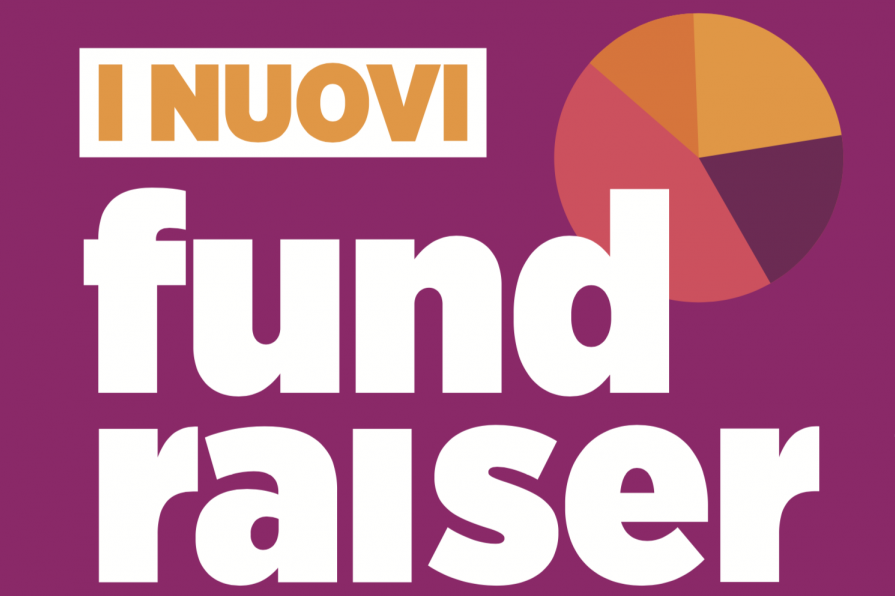
The New Fundraiser – Italian fundraising book highlights imbalance of the donor-fundraiser relationship
May 15, 2019
ECCVAT pushes for fairer VAT treatment for charities in new manifesto
May 15, 2019The number of regular givers in the UK has declined for the third year in a row, as trust has also declined according to the Charities Aid Foundation’s (CAF) latest UK Giving report.
CAF’s UK Giving 2019 covers data collected from 2016 to 2018, and is based on more than 12,000 individual interviews conducted monthly. It found that 65% of the British public either gave money to charity directly or sponsored a friend or family member in 2018, down from 69% in 2016.
However, while fewer people reported giving money, those who did so gave higher amounts, with the overall household amount given in 2018 comparable to 2017’s levels at £10.1 billion.
The most popular causes were children/young people and animal welfare with 26% of people saying they had given to each of these causes in the past month when questioned in 2018.
Cash gifts remain the most common way of giving money to charity, with over half (53%) donating in this way in 2018. Giving through buying goods (38%) and by buying a raffle or lottery ticket (37%) were also very popular, while around one in five people gave through a fundraising event (22%), and via a website or app (19%).
Other charitable activity saw a decline in 2018 too, according to CAF’s report. The number of people who said they had taken part in a charitable activity or social action, such as signing a petition, buying an ethical product, or taking part in a public demonstration or protest, in the four weeks prior to being questioned also fell for the third year running from a peak of 68% in 2016 to 64%.
Remaining stable were rates of volunteering, and of people donating goods to a charitable cause.
Fewer people said they had been approached to give than in previous years however, across a variety of channel including on the street, door to door and particularly direct mail, which fell from 28% in 2016 to 23% in 2018. This is likely to be as a result of GDPR, CAF says, which resulted in many charities cleaning their direct mail lists in order to ensure consent in receiving mailings.
Also affecting giving levels, trust in charities decreased between 2016 and 2018, with just under half (48%) of people saying they believe charities to be trustworthy, down from 51%.
Susan Pinkney, Head of Research at the Charities Aid Foundation, said:
“With three years’ worth of data, we can now see a clear trend in people’s charitable giving and it is headed in a worrying direction. When it comes to trust, fewer than half of those surveyed (48%) said they believed charities to be trustworthy. A further 21% of people said they do not believe charities are trustworthy, an increase from 19% in both 2016 and 2017.
“If people lack trust, that means they worry that their hard-earned money is not being well spent when donated to charities. This is a challenge that the entire charity sector needs to tackle head on and find ways to inspire people to give and demonstrate to them that their money is making a difference.”




